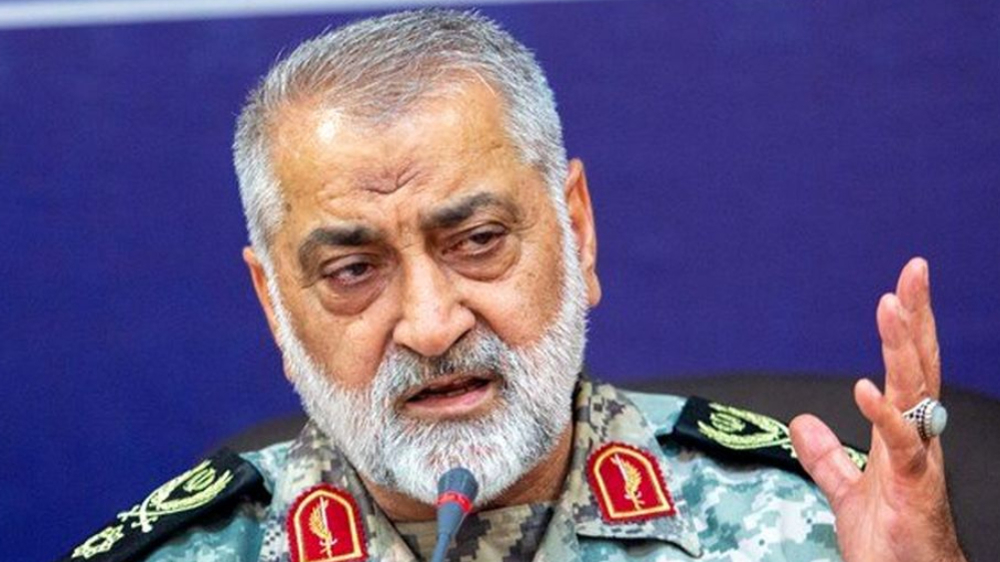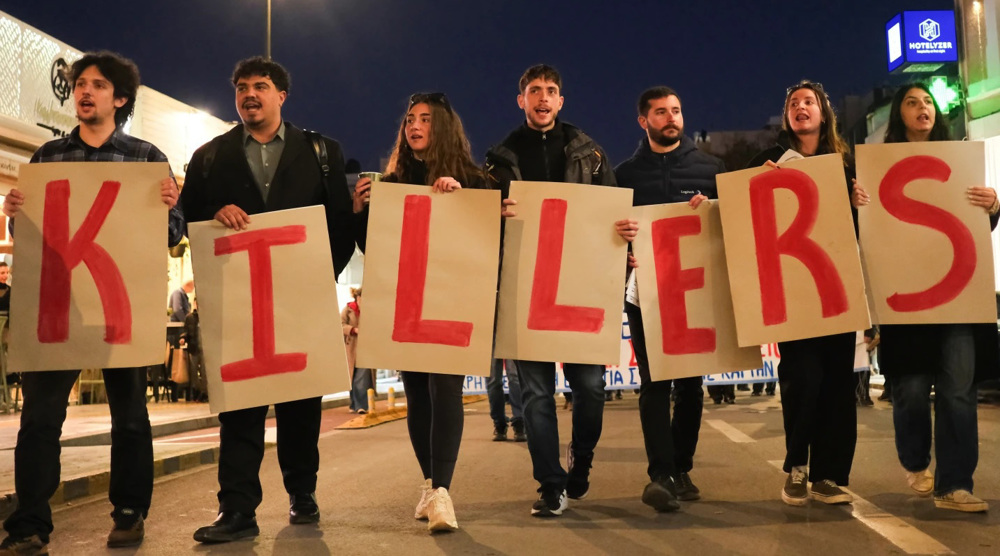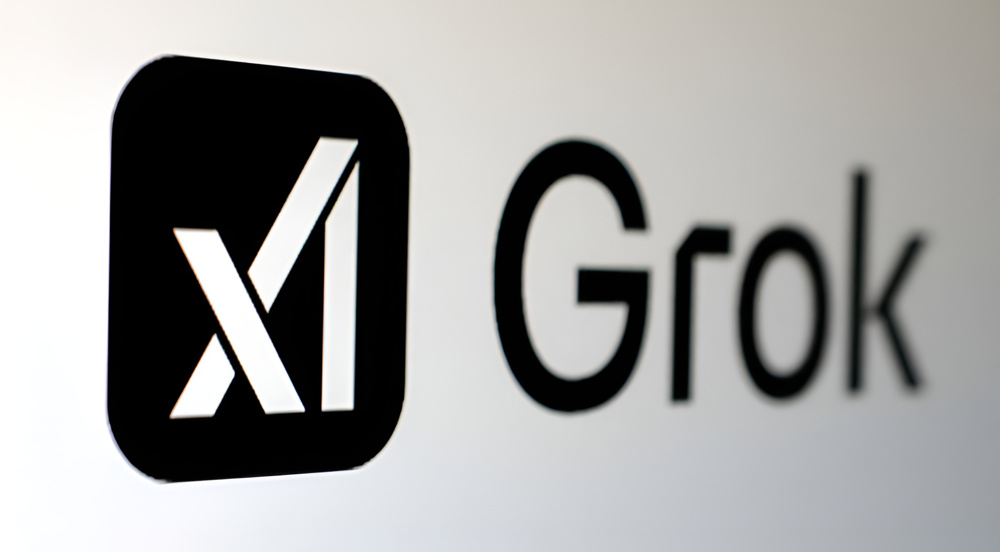US carrier strike group enters Mediterranean amid conflicts in Libya, Syria
A US aircraft carrier strike group has reportedly entered the Mediterranean Sea as the area is beset by two major conflicts — a full-blown civil war in Libya and tensions between Damascus and Turkish-backed militants in Syria.
The Marine Traffic website, a vessel-tracking and maritime information portal, said in a report that the USS Dwight D. Eisenhower crossed through the Strait of Gibraltar and entered the Mediterranean Sea on Saturday night.
The portal said the 40-year-old aircraft carrier, going by the call sign IKE, was escorted by several other US Navy warships, including the USS San Jacinto and USS Vella Gulf Tomahawk-armed guided-missile cruisers, as well as a destroyer squadron consisting of the USS Stout, USS James E. Williams and USS Truxton destroyers.
The strike group, manned by some 6,000 sailors, also includes eight squadrons of F/A-18E fighter jets as well as maritime attack choppers.
In a press statement about the Eisenhower’s operations, the US Navy said last week that the strike group was “conducting operations in the US 6th Fleet to support maritime security operations in international waters, alongside our allies and partners.”
“IKE offers tremendous capability to the region,” Vice Admiral Lisa Franchetti, commander of the Sixth Fleet, said in the statement. “During her operations in the Atlantic, IKE strike group will exercise the fundamental warfare practice of ensuring the security of vital sea lanes of communication. The deployment will also serve to demonstrate commitment to our allies and partners in Europe and Africa."
The Sixth Fleet, which is headquartered in Naples, Italy, operates in the European and North African region, including the Mediterranean Sea.
Why the Mediterranean Sea?
The Mediterranean is home to two major hotspots – Libya and Syria.
Libya plunged into chaos in 2011, when a popular uprising and a NATO intervention led to the ouster of long-time dictator Muammar Gaddafi.
Since 2014, Libya has been divided between the internationally-recognized Government of National Accord (GNA) based in the capital Tripoli and a camp in the eastern city of Tobruk, supported militarily by militias and rebel forces allied with renegade general Khalifa Haftar.
Haftar launched his offensive to seize Tripoli last April but after rapid advances his forces stalled on the edges of the capital. The fighting has so far left more than 1,000 people dead and displaced some 140,000 others, according to the United Nations.
Syria, gripped by foreign-backed militancy since March 2011, launched a counter-terrorism offensive in the northwestern province of Idlib and neighboring areas last December after its troops came under increasing militant attacks.
Turkey has deployed massive troops and military equipment in recent weeks to stop Syrian troops from ousting terrorists.
Under a deal reached between Turkey and Russia in the Black Sea resort of Sochi in September 2018, Ankara is required to remove Takfiri terrorists from the embattled province. But, more than a year into the Sochi deal, foreign-backed terrorists rule supreme in Idlib in close proximity to the Turkish troops.
Idlib, the last militant bastion in the nine-year war, is home to several anti-Damascus militant outfits that receive Turkey’s support in their persisting militancy against the Syrian government.
Iran strongly alarms UN about dire consequences for perpetrators following Leader's martyrdom
Hezbollah strikes occupied Haifa in retaliation for Leader's assassination
Ansarullah mourns Leader's martyrdom as 'great loss' caused by 'most wretched terrorists'
Hezbollah offers condolences to Iranian nation over Leader’s martyrdom
US-Israeli strike targets IRIB facility; broadcasts continue
IRGC: Latest waves of Op. True Promise 4 led to tanker strikes, base shutdowns, heavy casualties
CENTCOM confirms US troops killed in Iran’s retaliatory strikes
China ‘strongly condemns’ US-Israeli assassination of Iran’s Leader












 This makes it easy to access the Press TV website
This makes it easy to access the Press TV website